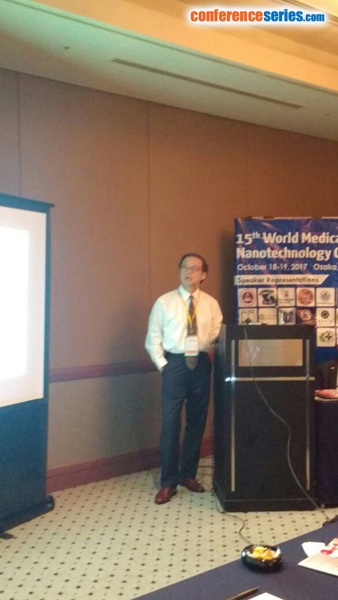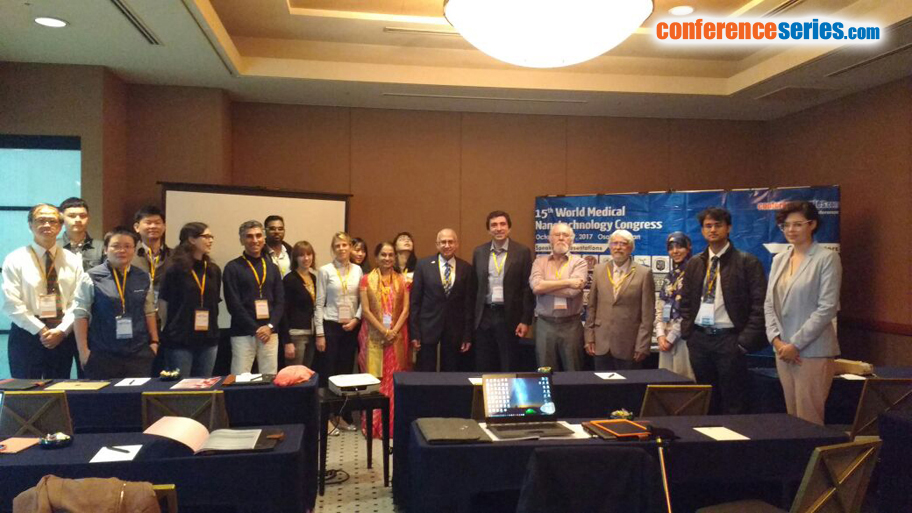
Jinn P Chu
National Taiwan University of Science and Technology, Taiwan
Title: Thin film metallic glass: A promising coating for biomedical applications
Biography
Biography: Jinn P Chu
Abstract
A new group of thin film metallic glasses (TFMGs) have been reported to show properties different from conventional crystalline metal films, though their bulk forms are already well-known for high strength and toughness, large elastic limits, excellent wear and corrosion resistance owing to their amorphous structure. In addition, the smooth surface, due to the grain boundary-free structure and low surface free energy of TFMGs can be achieved and lead to the relatively high hydrophobicity and the low coefficient of friction. In our studies, TFMG coatings are deposited using RF magnetron sputtering for various biomedical applications, including the property enhancements of dermatome blades and syringe needles as well as the antibacterial property. The TFMG-coated dermatome blades show great enhancements in sharpness and durability, compared with those of the bare one. For the syringe needle, the insertion and retraction forces were measured when needles were inserted into phantom materials, including polyurethane (PU) rubber block and pork muscle with a constant needle speed. TFMG-coated needle showed a significant reduction in both forces of ~66% and ~72%, respectively, which were significantly lower than those of bare needle during testing against the PU rubber. Furthermore, the bacterial adhesion of Escherichia coli and Staphylococcus aureus to both Zr- and Cu-based TFMGs is hindered to different extents. Good performances of TFMG and the antibacterial property are thought to be caused by the relatively low surface free energy and low coefficient of friction. Thus, TFMG coating appears to be a promising candidate for biomedical applications.



